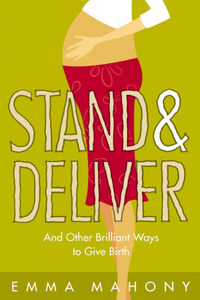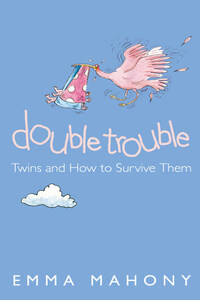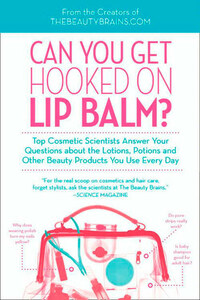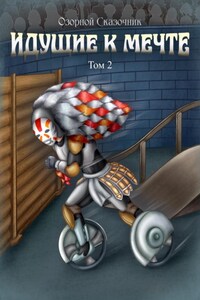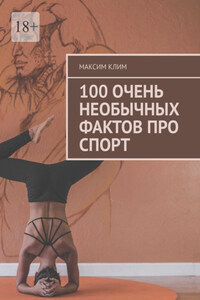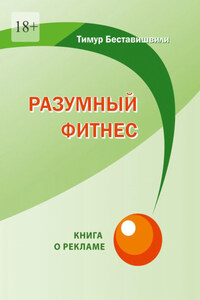STAND & DELIVER
And Other Brilliant
Ways to Give Birth
Emma Mahony
For my mother,
who was there from the very beginning
Sorry you can’t define me, sorry I break the mould, Sorry that I speak my mind, sorry don’t do what I’m told, Sorry if I don’t fake it, sorry I curse for real, I will never hide what I really feel.
Christina Aguilera, Stripped, 2003
The great thing about childbirth is that it is the last time you can behave appallingly, swear, lay down the law, shriek, groan and bash your husband in the chest, and be forgiven. You are the star, the primadonna; make the most of it. Once the new star arrives, to the sound of your last furious swearword, you will have to behave again, and be gentle and self-sacrificing. Enjoy your last fling.
Libby Purves, How Not to Be a Perfect Mother, 2004
1 All that huffing, puffing and sweating does wonders for the skin.
2 You get your wardrobe back.
3 Everyone says how clever and wonderful you are, when the baby does most of the work.
4 At last you can join the other mothers round the table who used to stop telling their birth stories when you walked in the room.
5 You have instant rapport with every mother on the planet.
6 Without drugs, you get the most tremendous hormone high.
7 With pain-relief, you get to try different drugs legally.
8 In labour, you can act out being ‘the ultimate Diva’.
9 You come the closest you’ll ever get to being God, bringing forth life.
10 You get a baby to keep at the end.
I promise not to wave joss sticks, play whale music or bombard you with photographs of women in labour and babies being born. There is no free video of ‘Stephanie’s Labour’ on offer (which instantly put a stop to my husband attending another antenatal class). The only graphic pictures are painted in words, which, in their reading, I hope will give you a clearer picture of what you want. Cartoons from my talented Times colleague Jonathan Pugh also attempt to lighten a subject that you may feel is unlightenable (little do you know yet that if you could only laugh your way through labour, your birth might be trouble free).
After my first baby, I used to joke to the newly pregnant that ‘birth was over-rated’. I had had a typical ‘natural’ birth with plenty of medical intervention – IV drip, syntocinon to strengthen contractions, foetal monitoring, epidural, stitches, syntometrine injection to deliver the placenta. I didn’t understand why medics and midwives were intent on this sort of delivery as being the holy grail for women. OK, I got to leave the hospital earlier than the women who had caesareans, and I didn’t have to wear the ugly white legwarmers to prevent blood clots, but I was still waddling around with the rest of the ward, feeling like I had been bucked off a rodeo bronco.
I laughed cynically at the tales of Sheila Kitzinger describing birth as a giant orgasm, and at my friends who were forgoing pain relief for a more intense experience. I had yet to understand that while my delivery was described as ‘vaginal’ (an adjective I loathe, so I have kept its use to the bare minimum in this book), there was little that was ‘natural’ or ‘normal’ about it. (‘Normal childbirth is now the recognized medical term for birth without intervention; ‘natural’ is out of fashion.) I had had glimpses of what it might have been like – giggling uncontrollably with my girlfriend Lisa in the delivery room and connecting strongly with my midwife before the epidural needle was put in – but nothing that suggested an epiphany.
Well, the epiphany came at my second birth, driven not out of desire for something better but out of fear of something worse. When my doctor told me at my 30-week check-up that one of my twins was lying across my stomach, and therefore I would have to deliver them both in an operating theatre with 12 people present, I froze. And when he announced that the first could be delivered normally and the second by caesarean section, I didn’t sleep properly for two weeks. My dreams were full of glinting knives and open wounds, with people watching me perform an impossible act. There must be an alternative, I thought, falling back on a journalistic habit of researching the subject over and over, calling hospitals and organisations, speaking to anyone who would listen. I knew I didn’t want the huge upheaval of a major operation followed by newborn twins and a demanding toddler to care for. Where would family bonding fit into that? I felt resentful that I was being railroaded into something that I didn’t want or felt I needed. And now I understand that a bad birth is not one that ends up with an emergency caesarean, but one where you feel coerced into something that you don’t feel you need. My doctor’s prognosis was a frightening ending to an easy pregnancy. I was deeply unhappy, and set about on a journey to get the birth I wanted – a journey which inspired me to write this book.
